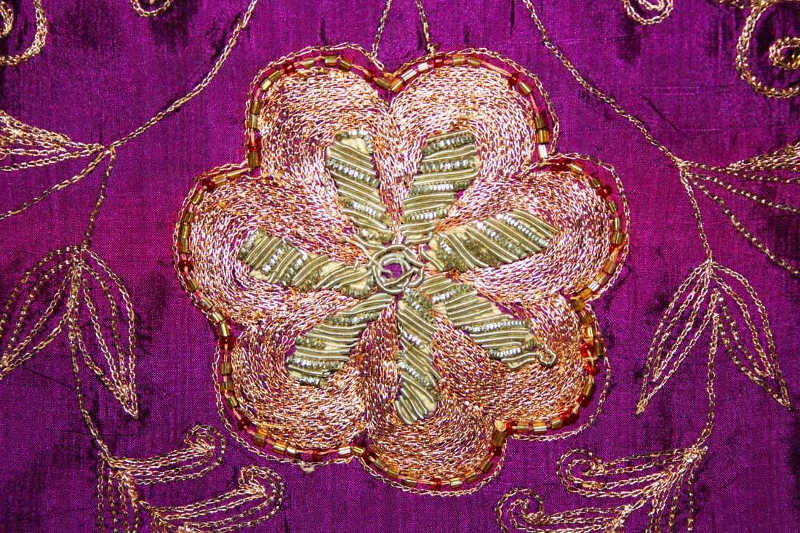===
0736,
3
===

=== |
 |
dimaa;G : ' The brain; head, mind, intellect; spirit; fancy, desire; airs, conceit; pride, haughtiness, arrogance; intoxication; high spirits... ; —the organ of smell'. (Platts p.526)
FWP:
SETS == A,B
MOTIFS == MADNESS; SPRINGTIME
NAMES
TERMS == AMBIGUITY; IHAMSince this is an 'A,B' verse, it's not surprising that there are various ways to relate the lines to each other. What is the 'connection' between the flowers having bloomed in the garden, and the speaker's wish that his mind had proved even a bit faithful? SRF gives us some possibilities, and it's possible to think of others as well; as so often, the choice is left up to us.
In {763,1}, SRF pointed out several examples of what might be called ad hoc ambiguity. These were not systematic devices of any kind, just little tripping-places like banana peels in the road that would encourage a misreading which would then jolt the reader into greater alertness and force a careful re-analysis of the verse. I think I see something similar in this verse as well.
That awkward-looking set of phuul gul kept drawing my eye, because I don't think I've ever seen it before. Either word could easily have been used alone, with no detectable change in the meaning. They could be an i.zaafat pair ( phuul-e gul , 'the flowers of the rose, the flowers that are the roses') or just a (Persianized) noun compound ('flowers and roses'); but either way, they still felt awkward, like padding. When I looked at their setting, I realized that phuul gul ab ke was extremely close to phuul gulaab ke ('the flowers of the rose, rose-colored flowers'). Not, it should be noted, identical, because the orthography of the laam and alif should differentiate the two alternatives. But orthography in Mir's day was more casual and less systematized, and words were very often crammed close together for either efficiency or calligraphic effect. So it's easy to believe that such a misreading would be possible, and nothing else in the verse would prohibit it. In fact it works perfectly well, except for the loss of ab ke , which resonates so nicely with ;Tuk in the second line.
Along similar lines, I recently noticed an advertisement on the side of a bus: in big squarish block letters, it said
JUNE 29
IN 30That was so strikingly cryptic, like a coded message, that I had to look again and give it a bit of thought. Of course, the '30' turned out to be '3D', but the font was so thick and square that the difference was very small. And sure enough, the 'misdirection' effectively grabbed one's attention.